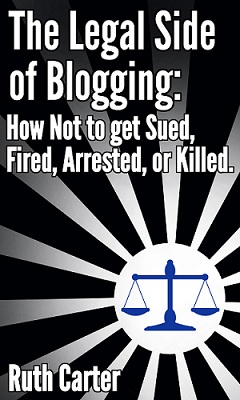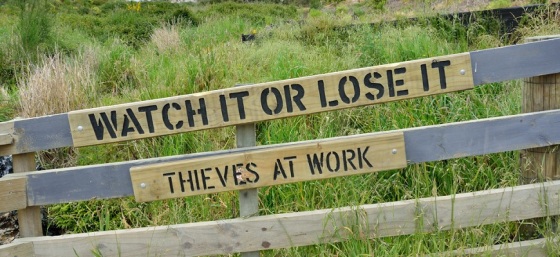
Here’s the scenario: You are a newly hired third party content creator for a company. You learn that your client has a habit of copying pictures from Pinterest or Google Images searches without verifying that they are allowed to use the images on their website and/or social media posts. They want you to do the same. What should you do?
Option #1: Your Client Needs an Education about Copyright
Some people truly believe they can use any image they find on the internet, particularly if they give an attribution and a link back to the original. There are so-called “gurus” who will tell you this is ok. It’s not.
What your client is likely doing is committing copyright infringement. Inform your client that he/she is running the risk of getting a cease and desist letter, a bill with a license, or a lawsuit. In the worst-case scenario, they could face a lawsuit for $150,000 per image they use, plus attorneys’ fees. Tell your client to thank their lucky stars they haven’t faced one of these consequences yet and advise them that the prudent thing to do would be to replace all images on their site with pictures they can legally use.
Use this an a teaching experience to educate your client about the importance of asking permission, using Creative Commons, and possibly exploring whether what they are doing in some situations qualifies as fair use.
Option #2: Your Client Understands but Disregards Others’ Copyright Rights
Fire your client.
This person is obviously an idiot. No money is worth being affiliated with this company. Run away as fast as you can.
Footnote: Every company should have a “No Jerks” rule when it comes to employees and clients. If you find someone violating this rule at a genetic level (not just having a bad day), cut all ties with them immediately.
The same rules about copyright that apply to your website also apply to your social media posts:
Whenever I work on a contract for the relationship between a company and an outside content provider, I always recommend that my client require an indemnity clause that will protect them if they are accused of intellectual property infringement based on material provided by the other party. Your contract is the master document for your working relationship. It should clearly define the parties’ obligations to each other which should include deadlines and deliverables and also how you will resolve problems when they occur.
If you want to know more about the complex issues related to copyright and the internet, please check out The Legal Side of Blogging: How Not to get Sued, Fired, Arrested, or Killed. If you want to chat with me about this topic, you can contact me directly or connect with me on Twitter, Facebook, YouTube, or LinkedIn.









